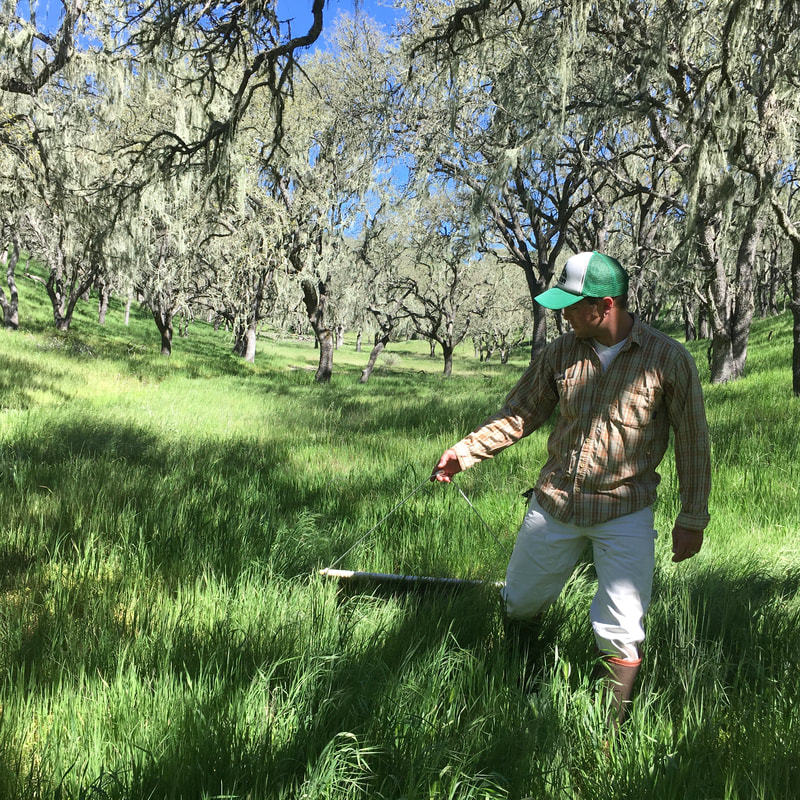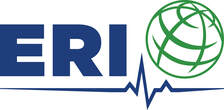Left: California oak woodlands (A. MacDonald); Right: Central Valley irrigated ag. (impactfund.org)
|
The MacDonald Lab studies the ecology of infectious disease and its response to global change. Our work has centered on vector-borne and zoonotic diseases, focusing on both environmental and human drivers of tick-borne diseases in North America, as well as mosquito-transmitted diseases from West Nile virus in the United States to malaria and dengue, and sandfly transmitted-leishmaniasis, in South America. We use a combination of field, laboratory and computational and geospatial approaches to answer questions at the intersection of ecology, epidemiology, environmental science and public health.
We have broad research interests, from vector biology and enzootic pathogen transmission in host communities, to the impacts of land use and climate change on vector-borne disease risk and transmission, which span spatial scales and methodological approaches in ecology. Recent Lab News:5/2024: New NSF CAREER award to support research, education and outreach on global change and the ecology of infectious disease in California's Central Valley
10, 2023: Our new USDA funded project is featured by NIFA: "Advancing Environmental Justice Through Improved Responses to Extreme Weather Events" 8, 2023: USDA Rapid Response to Extreme Weather Events Across Food and Agricultural Systems grant awarded. 11/2022: PhD student Sam Sambado and I are interviewed by NPR for the radio show, the "Jefferson Exchange" 6/2022: PhD student Anna Boser and I are interviewed for the USGS/EROS podcast, Eyes on Earth 2/2022: Lab researcher and UCSB McNair Scholar, Abraham Soto, has been accepted into the MPH Programs at UC Berkeley Johns Hopkins University AND Emory! Congratulations Abe! |




